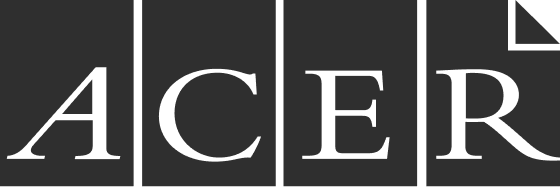Transforming Learning
Strategic Plan 2022-27
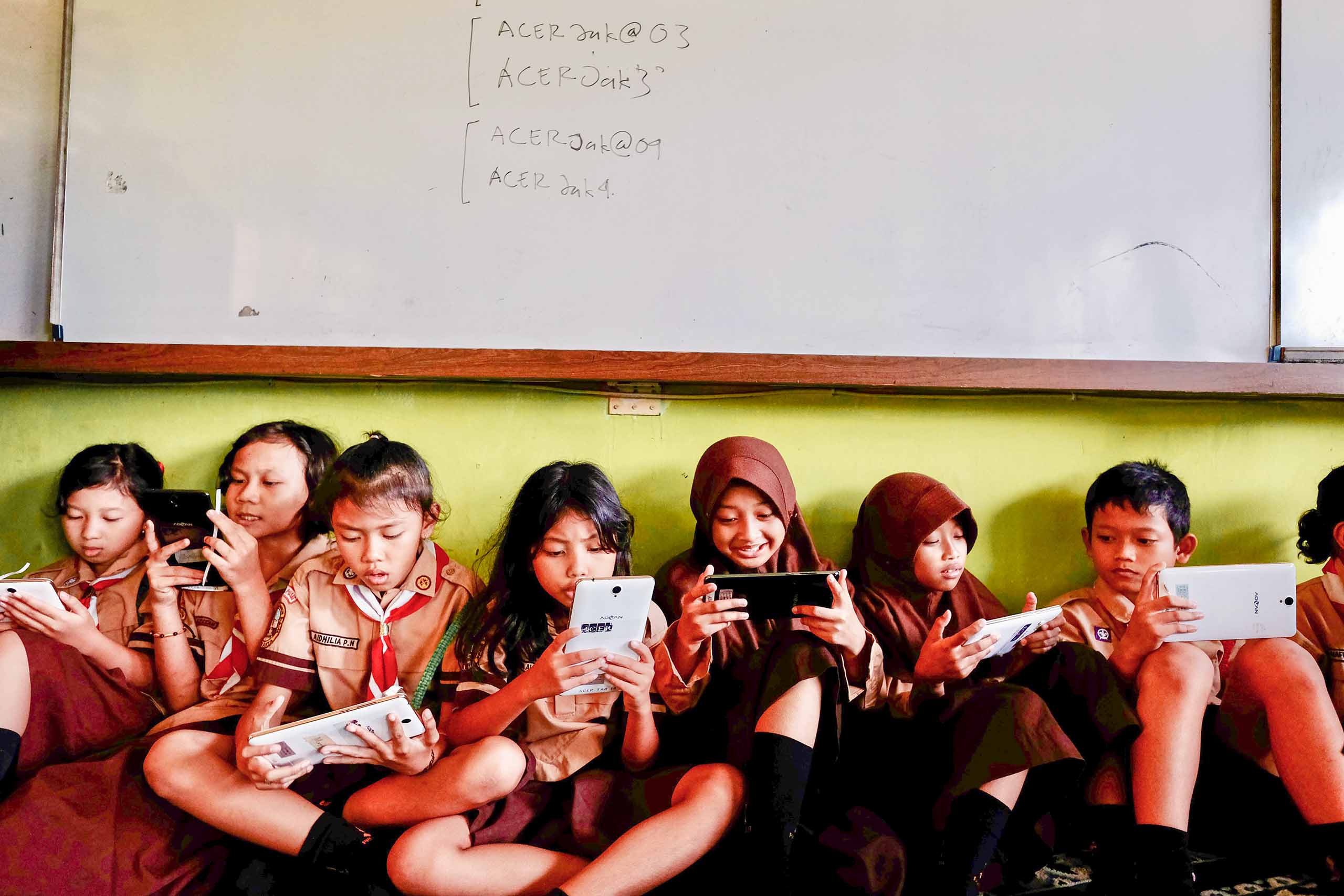
Transforming Learning is a five-year plan to strengthen ACER’s global leadership in tackling two urgent global education challenges:
better preparing people for future life, work and ongoing learning; and
ensuring that every individual learns successfully and eventually achieves high standards.
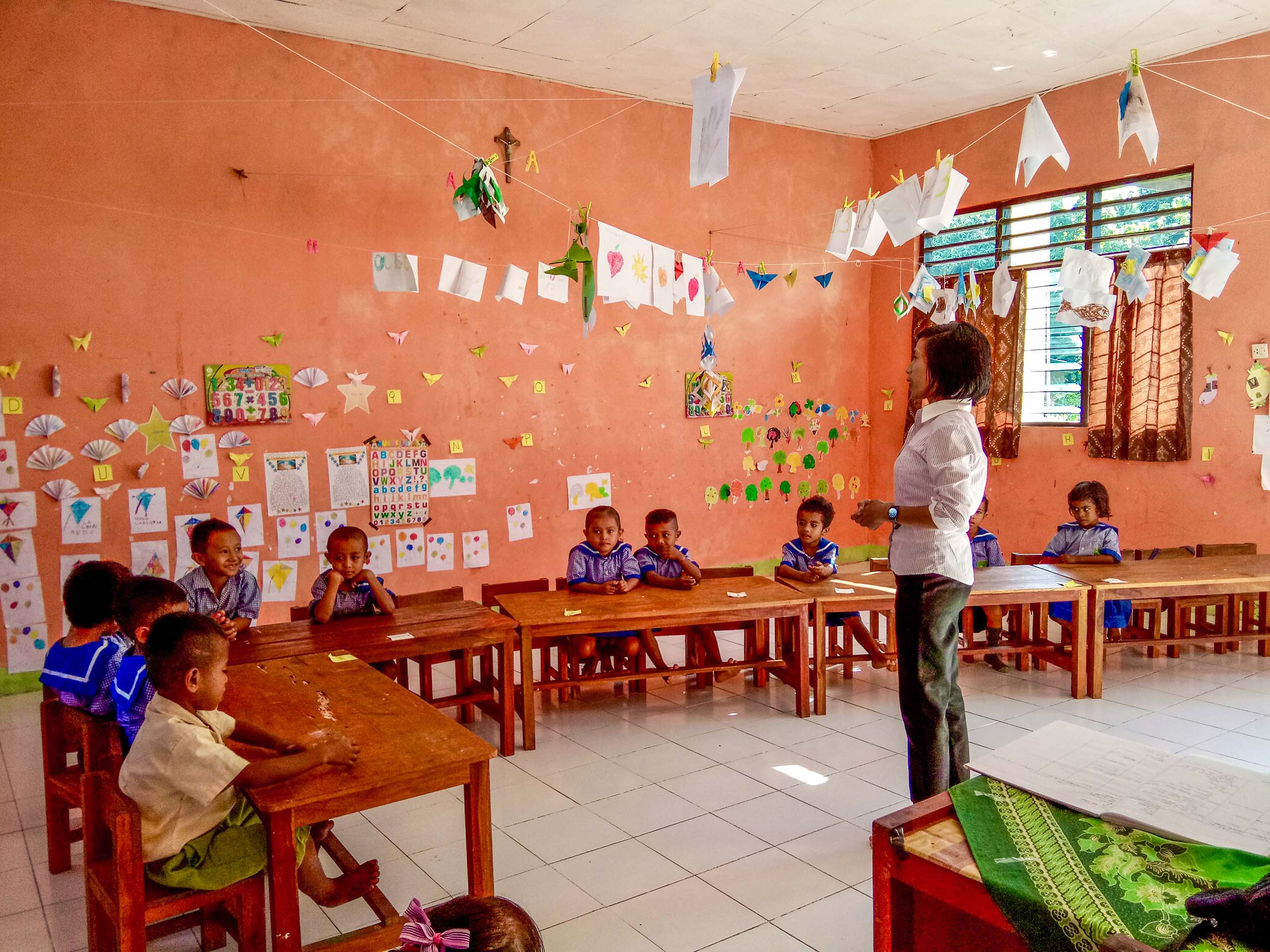
The urgency of these two challenges is recognised by education systems throughout the world and is corroborated by ACER’s own research.
Curricula and assessment processes continue to be heavily skewed toward transmissive teaching and passive, reproductive learning. In the curricula of many countries, the memorisation of facts and routines, although important, takes overwhelming precedence, leaving limited time and space for the development of deeper conceptual understandings, critical and creative thinking, and skills in applying knowledge. In almost all countries there is now a high level of interest in providing learners with a broader range of competencies and attributes, as well as improved levels of personal wellbeing, to better equip every learner for their future.
There is also an urgent global challenge to ensure that every learner learns successfully. This is not the case currently. Even in high-performing education systems, significant proportions of learners are being left behind and failing to achieve the knowledge, skills and attributes they are likely to require for life and work. In developing countries, the problem is acute, often with the majority of students not reaching minimally acceptable standards by the time they leave school. In some countries, including those experiencing conflicts and other humanitarian disasters, large proportions of students are not in school, and this situation has been exacerbated by the COVID-19 pandemic.
ACER is committed to using its resources and expertise over the next five years to make a significant contribution to these two urgent challenges.
Strategic Plan 2022-27 outlines how we intend to do this and has been designed to be organic, allowing the organisation to update and modify its objectives as circumstances change. The Plan is based on three strategies.
First strategy
Lead reform
ACER will undertake a five-year program of foundational research and development to contribute to global knowledge about effective ways to address these two core challenges. This research will recognise that a key to success is influencing how teachers teach and students learn (sometimes referred to as influencing the ‘pedagogical core’).
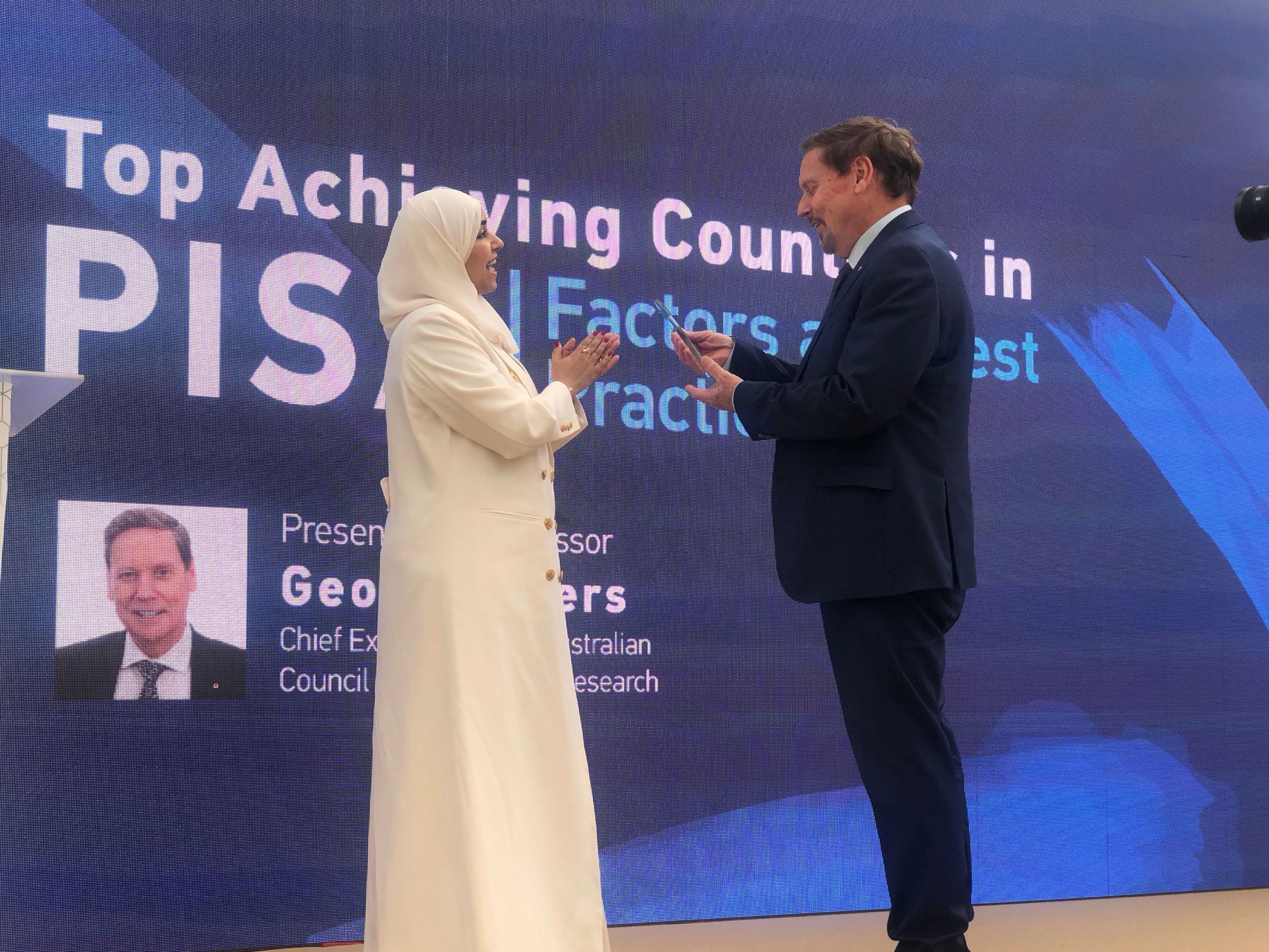
Much work remains to be done globally to conceptualise the competencies and attributes that education systems are now prioritising, and to develop effective ways to promote and assess them. ACER has undertaken recent research into the conceptualisation, development and assessment of critical thinking, creative thinking and collaborating. In 2022-27, our research will be extended to other competencies and personal attributes.
Questions also remain about the most effective ways to integrate the development of general competencies and attributes into curricula and teaching, and how to assess these reliably and efficiently. Our research will investigate how competencies such as critical thinking and creative thinking can be made integral aspects of subject teaching and learning. This will include considering how they can be progressively developed in tandem with subject knowledge, skills and understandings, and how they can be assessed as part of subject learning.
Our research will also address the second challenge of ensuring that every person learns successfully and eventually achieves high standards. We recognise that successful learning depends on teaching at the right level and ensuring that every learner is given stretch challenges that build on their current knowledge and skills. This, in turn, depends on clarity about the nature of long-term progress in an area of learning. ACER has developed learning progressions that describe and illustrate long-term proficiency development in reading and mathematics.
In 2022-27 research will be undertaken into the nature of developing proficiency in other learning areas, including writing, and into the promotion of learning continuity and seamless transitions from early childhood through the school years and beyond.
Research will also investigate how curricular, assessment and reporting policies and practices can be redesigned to be more consistent with, and more explicitly underpinned by, empirically-informed progressions of learning.
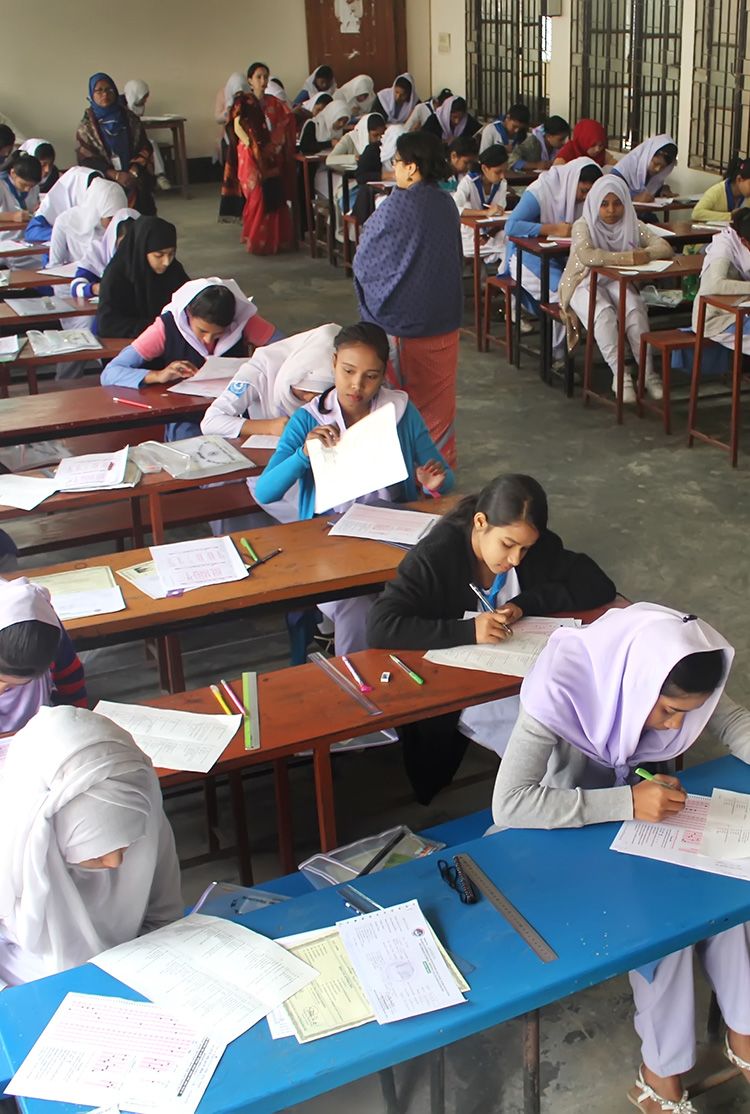
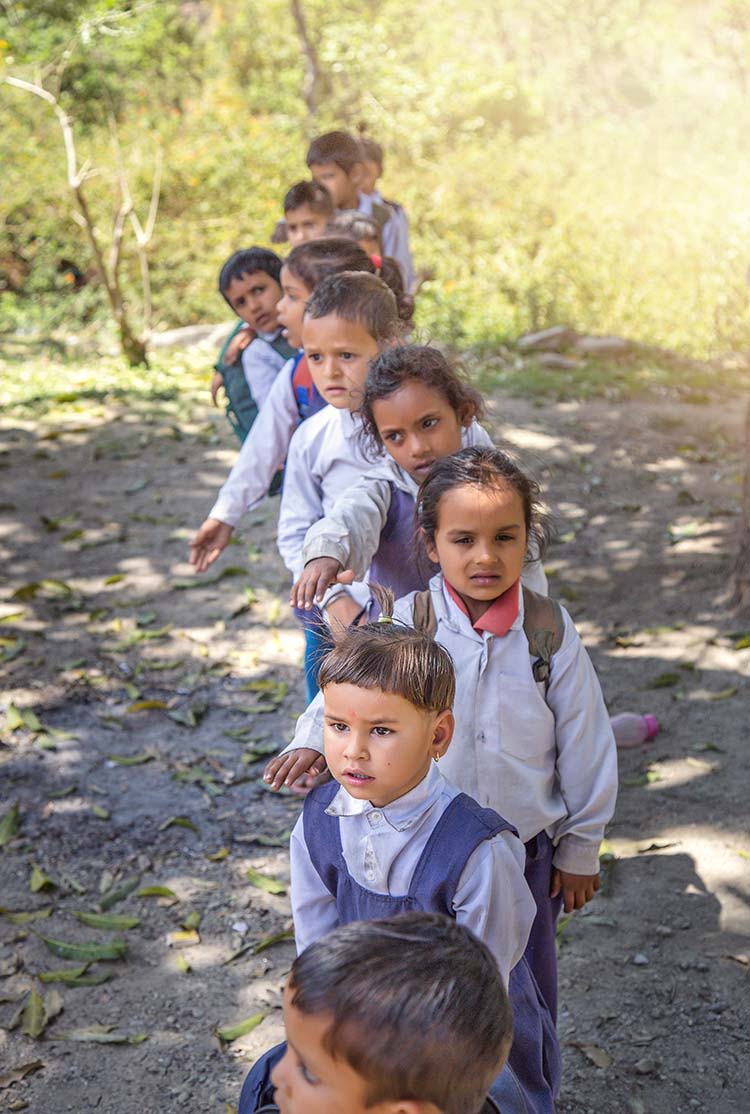

Second strategy
Shape policy
Informed by international research and development, including our own research, ACER will work with education authorities and other global partners on the practical transformation of learning systems.
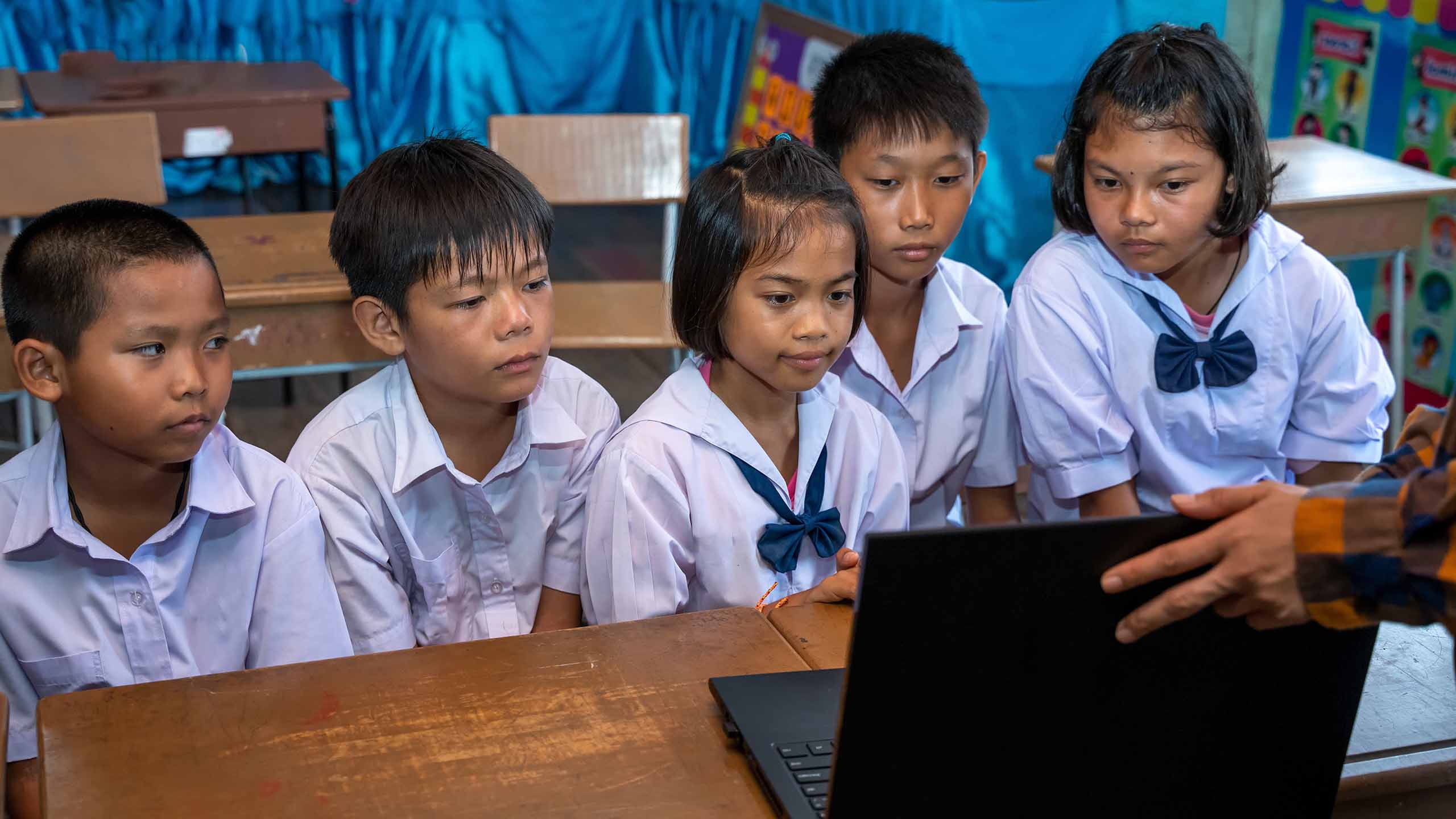
Our objective will be to contribute to learning systems that better address the two challenges at the heart of Strategic Plan 2022-27—preparing people for their futures and ensuring that every learner learns successfully and achieves high standards.
While our first strategy (Lead Reform) will contribute to foundational research and development, our second strategy will involve collaborating with others to put research findings to work.
We envisage practical implications for all aspects of jurisdictions’ learning systems, including the curriculum, assessment processes, the preparation and development of teachers, arrangements for meeting the needs of students who require additional support, the development of leaders of learning, and the building of supportive ecosystems and partnerships with education stakeholders.
As part of this strategy, we will build collaborations with global organisations committed to educational reform and transformation. This will include consolidating and extending existing partnerships with UN agencies, the OECD, the Global Partnership for Education, Brookings Institution, the US National Center on Education and the Economy, and the Southeast Asian Ministers of Education Organization, among others.
We will also collaborate with individual jurisdictions to jointly review and plan reforms of their existing learning systems. In some jurisdictions, the focus may be on a specific component of a learning system, such as the curriculum or a strategy to improve equity and inclusion, or the evaluation of a particular program, such as a health and wellbeing program. However, wherever possible, we will work with jurisdictions to review and redesign multiple aspects of their learning systems to ensure a coherent, integrated approach and a strong focus on addressing each jurisdiction’s current challenges.
Through this collaborative work we expect to learn a considerable amount over the next five years about issues in the practical reform and transformation of learning systems. We will systematically document what we learn and make it available to others who share our interest in system transformation.



Third strategy
Enhance practice
Our third strategy is to address the two challenges at the heart of Strategic Plan 2022- 27 through the products and services we develop and make available to teachers, learners and educational leaders. We recognise that well designed educational resources are powerful vehicles for transforming teaching and learning.
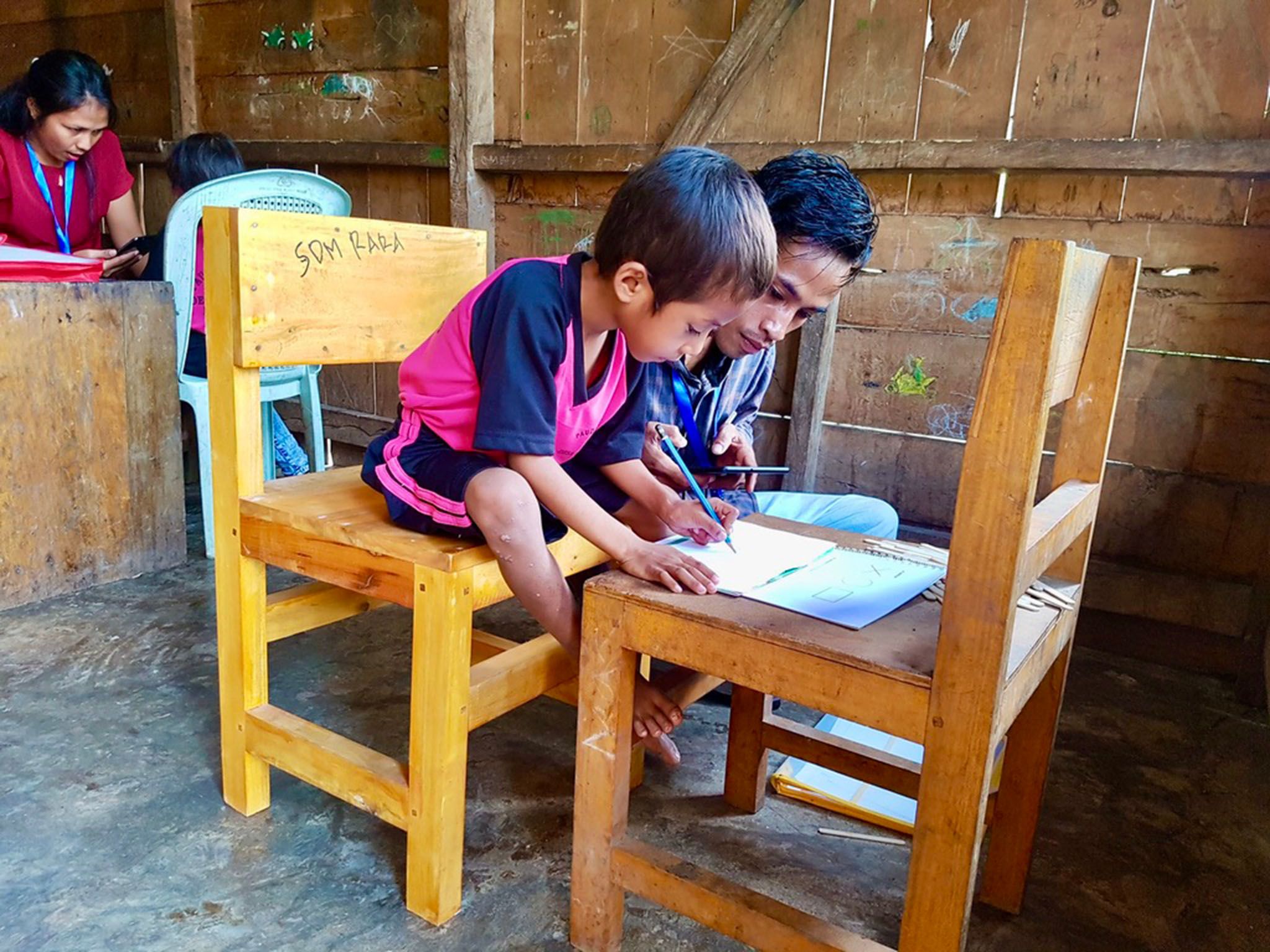
Quality products and services are capable of contributing to the transformation of many aspects of learning systems, including the implementation of the curriculum, the assessment and reporting of learning, the diagnosis and provision of additional support to learners who require it, the development of teacher and leadership capabilities, and institutional improvement processes.
In 2022-27 we will work to develop and incorporate into ACER’s professional resources a wider range of materials to develop and assess general competencies and personal attributes. We will investigate how outcomes of these kinds can be addressed through materials for the teaching and learning of subjects. And we will investigate how valid and efficient assessments of such outcomes can be developed for purposes such as university admissions.
Other work will be undertaken to ensure that our commercial assessment resources, teaching and learning materials, and professional learning activities are underpinned and informed by empirically based progressions of learning. Much of this work will build on existing PAT assessment and teaching resources and associated professional learning. Objectives will include building into ACER’s products and services a focus on deeper learning of key concepts, principles, and methods in each area of learning, and ensuring the continuity of learning from the earliest preschool years through the school years and beyond.
ACER’s professional learning for teachers and educational leaders and our school and system improvement tools and services will also be designed to support the transformation of learning systems and improved teaching, learning and student wellbeing. Consistent with the objectives of Strategic Plan 2022-27, a priority will be given to professional resources and professional learning that promote every individual’s learning and success, including by addressing the needs of learners disadvantaged by their backgrounds and circumstances.



